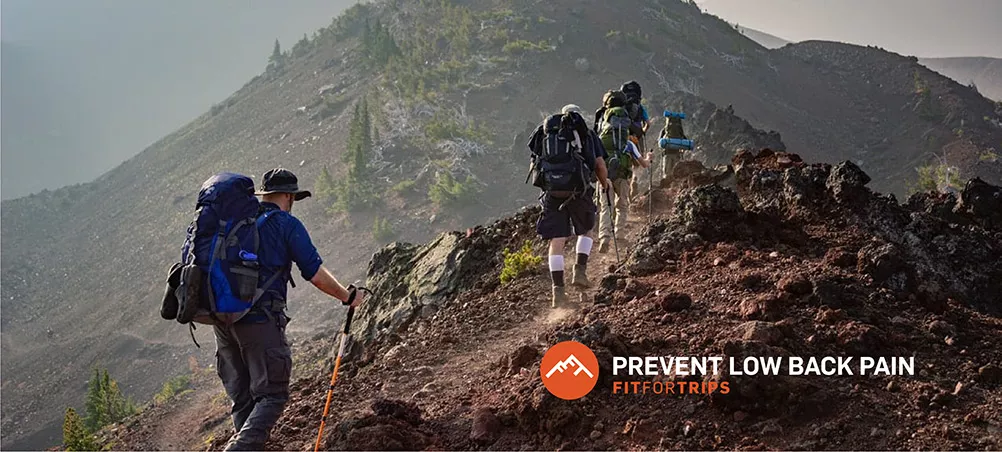Hiking is a fantastic way to enjoy the outdoors, get exercise, and connect with nature․ However, it’s not uncommon to experience back pain after a long trek․ This discomfort can range from a mild ache to a debilitating pain that hinders your daily activities․ Understanding the causes of this back pain and taking preventative measures can help you enjoy your hikes without the lingering discomfort; This article explores the common reasons why your back might hurt after hiking and provides practical tips for prevention and relief․
Common Causes of Back Pain After Hiking
Several factors can contribute to back pain after hiking․ Identifying the root cause is the first step in addressing the problem․
Improper Backpack Weight and Distribution
Carrying a heavy backpack incorrectly is a major culprit․ The weight and how it’s distributed significantly impact your back․
- Excessive Weight: Overloading your backpack forces your back muscles to work harder to maintain balance․
- Uneven Distribution: If the weight isn’t evenly distributed, your body will compensate, leading to muscle strain․
- Incorrect Fit: A poorly fitted backpack can put pressure on specific areas of your back and shoulders․
Poor Posture and Gait
Your posture and how you walk (your gait) play a crucial role in back health during hiking․
Maintaining proper posture and employing an efficient gait can significantly reduce strain on your back․ Think about keeping your core engaged and your shoulders back․
Muscle Fatigue and Weakness
Hiking, especially on challenging terrain, can lead to muscle fatigue․ Weak core and back muscles are particularly vulnerable․
Your muscles need to be strong enough to support your body and backpack․ Consistent training helps․
Terrain and Trail Conditions
The type of terrain and trail conditions can also impact your back․ Uneven surfaces and steep inclines increase the strain․
Navigating rocky paths or steep hills requires your body to adapt and compensate, which can stress your back muscles․
Preventing Back Pain While Hiking
Prevention is key to enjoying pain-free hikes․ Taking proactive steps can significantly reduce your risk of back pain․
Choosing the Right Backpack and Packing Techniques
Selecting the right backpack and packing it correctly is crucial․
| Aspect | Recommendation |
|---|---|
| Backpack Size | Choose a backpack appropriate for the length of your hike and the amount of gear you need․ |
| Weight Distribution | Pack heavier items closer to your back and higher up to maintain your center of gravity․ |
| Backpack Fit | Ensure the backpack fits snugly against your back and that the hip belt carries most of the weight․ |
Strengthening Your Core and Back Muscles
A strong core and back are essential for supporting your spine during hiking․
Regular exercises such as planks, bridges, and back extensions can significantly improve your core and back strength․
Proper Hiking Technique and Pace
Adopting a good hiking technique and maintaining a steady pace can minimize strain on your back․
- Maintain Good Posture: Keep your back straight, shoulders back, and head up․
- Take Breaks: Stop periodically to rest and stretch your muscles․
- Use Hiking Poles: Hiking poles can help distribute your weight and reduce strain on your back and knees․
FAQ About Back Pain After Hiking
Here are some frequently asked questions about back pain after hiking․
How much weight should I carry in my backpack?
A good rule of thumb is to carry no more than 20% of your body weight․ For example, if you weigh 150 pounds, your backpack should weigh no more than 30 pounds․
What kind of stretches should I do before and after hiking?
Before hiking, focus on dynamic stretches like arm circles and leg swings․ After hiking, prioritize static stretches such as hamstring stretches, back stretches, and hip flexor stretches․
When should I see a doctor for back pain after hiking?
If your back pain is severe, persistent, or accompanied by other symptoms like numbness, tingling, or weakness, consult a doctor․ You should also seek medical advice if the pain doesn’t improve with rest and home remedies․

